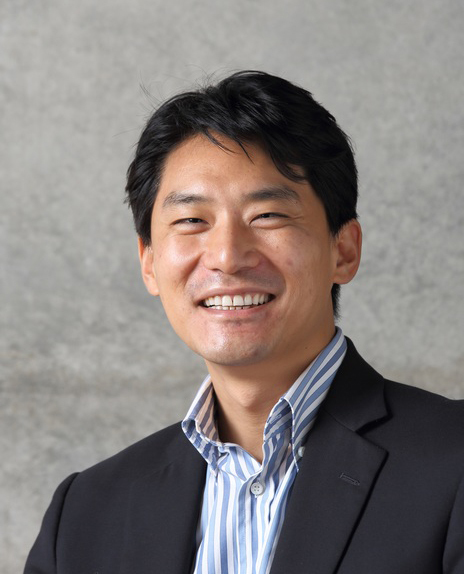Seoul and Tokyo will make efforts to harness the positive momentum created by the agreement on wartime sexual slavery for this year and onward, to strengthen trilateral economic cooperation with China and the tripartite alliance involving the U.S, a political scientist highlighted.
The landmark accord reached at the tail end of last year to resolve the euphemistically described “comfort women” issue, involving women forced into sexual service for the imperial Japanese army, was “a clear diplomatic victory for Japanese Prime Minister Abe Shinzo,” noted Bong Young-shik, senior research fellow at the Asan Institute for Policy Studies.
Bong, who works at the institute’s Center for Foreign Policy and National Security, underlined that Seoul also gained practical benefits from the deal, as the agreement from the conservative Abe administration moved beyond the “moral responsibility” of previous proposals and would use Japan’s state coffers for compensation.
The landmark accord reached at the tail end of last year to resolve the euphemistically described “comfort women” issue, involving women forced into sexual service for the imperial Japanese army, was “a clear diplomatic victory for Japanese Prime Minister Abe Shinzo,” noted Bong Young-shik, senior research fellow at the Asan Institute for Policy Studies.
Bong, who works at the institute’s Center for Foreign Policy and National Security, underlined that Seoul also gained practical benefits from the deal, as the agreement from the conservative Abe administration moved beyond the “moral responsibility” of previous proposals and would use Japan’s state coffers for compensation.

“This settlement is very fragile. Its success critically depends on how the two governments implement the agreement through policies and actions,” Bong told The Korea Herald last week. “Both Seoul and Tokyo have the resolve to enhance ties. As both parties reached the accord arduously, they will make efforts to foster a conducive environment at home, to keep the momentum alive.”
He added that Seoul’s rushed approach to seal the deal without consulting the aging women failed to satisfy the public and victims, which President Park had pledged.
As for the upcoming issues of significance facing the two governments this year, the researcher said both sides will aim to step up cooperation in security by elevating intelligence sharing and cooperation on the economy and to realize the proposed trilateral free trade agreement involving China, alongside the Trans-Pacific Partnership.
“Low growth is every government’s concern. They are all trying to find ways out of it,” Bong said, referring to the demise of Korea’s manufacturing and the mixed success of Japan’s “Abenomics” stimulus package. “Both Seoul and Tokyo agree that they are in the same boat, which is going down. The two could cooperate more to revive their sagging economies.”
Regarding concerns over Japan’s alleged militarization and shift to the right, Bong claimed that the worries were based more on historical and emotional factors than rational national interests.
Noting that hundreds of thousands of Japanese citizens poured onto the streets in September to protest the government’s constitutional amendment for the right of collective self-defense, he argued that Japan today is not the Japan during the Meiji Restoration or the Pacific War.
Abe is promoting a version of nationalism based on a “strong Japan, influential Japan,” to restore lost pride from the last 25 years of economic slump and an increasingly assertive China, but a large gap exists between the government’s ambitions and people’s aspirations, he stressed.
“What ordinary Japanese citizens want is more ‘concrete security,’ such as safety from terrorism, earthquakes and nuclear disasters, in addition to economic recovery,” he pointed out. “Technically, Japan’s growing defense capacities could be used to hedge against North Korea’s military threats through the Japan-U.S. and Korea-U.S. alliances. The seven U.S. air bases in Japan could be used as launch pads.”
Historically, Bong indicated, Japan has sought to shake off responsibilities from militarily interfering in the Korean peninsula, although it has been pressured by the U.S to do so.
He added that through the constitutional amendment, Japan has opened ways to export its latest defense technologies around the world, which are going to be embedded in weapons worldwide. This would allow the country to significantly leverage its military prowess around the world.
To foster better relations between the two countries, Bong has suggested promoting cultural and human exchanges, by accumulating “small, positive successes.” The Korean government should also make efforts to endorse two-track approaches that would separate historical territorial issues and political security issues, he added.
By Joel Lee (joel@heraldcorp.com)
-
Articles by Korea Herald








![[Weekender] Pet food makers bet big on ‘recession-free’ pet food market](http://res.heraldm.com/phpwas/restmb_idxmake.php?idx=644&simg=/content/image/2024/05/10/20240510050754_0.jpg&u=20240511163252)










